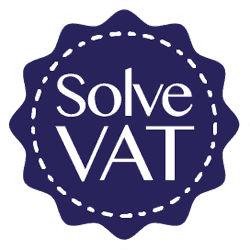VAT Place of supply of goods and services
Place of supply – Goods
Determining the place of supply for goods depends on whether the goods were supplied with transport or without transport.
Where goods are dispatched or transported by the supplier, the customer or a third person, the supply is deemed to be the place where the goods are located at the time when dispatch or transport of the goods to the customer begins. But if dispatch or transport of the goods begins outside the UK, both the place of supply by the importer liable for payment of VAT and the place of any subsequent supply is deemed to be the UK.
Where goods are not dispatched or transported, the supply is deemed to be the place where the goods are located at the time when the supply takes place.
Goods supplied in a member state of the EU or a number of other countries throughout the world may make the supplier liable to register for the tax equivalent to VAT in tha country.
